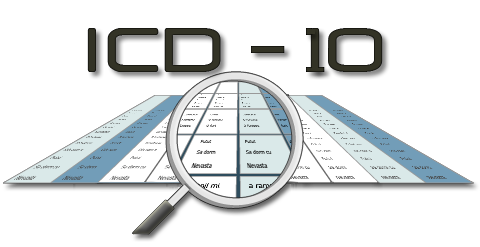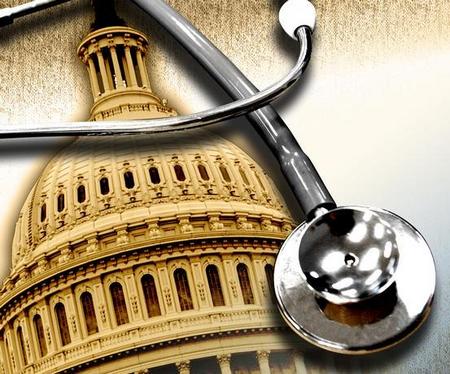Are Doctors Ready for 68,000 Diagnostic Codes?
Know someone who drowned from jumping off burning water skis? Well, there’s a new medical billing code for that.
 Been injured in a spacecraft? There’s a new code for that, too.
Been injured in a spacecraft? There’s a new code for that, too.
Roughed up by an Orca whale? It’s on the list.
There are codes for injuries incurred in opera houses and while knitting, and one for sibling rivalry.
Next fall, a transformation is coming to the arcane world of medical billing. Overnight, virtually the entire health care system — Medicare, Medicaid, private insurers, hospitals, doctors and various middlemen — will switch to a new set of computerized codes used for determining what ailments patients have and how much they and their insurers should pay for a specific treatment.
I.C.D.-10, with codes containing up to seven digits or letters, will have about 68,000 for diagnoses and 87,000 for procedures.
Andrew Pollack at the NYT.







